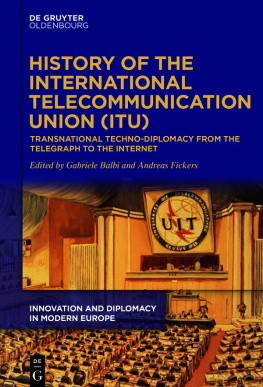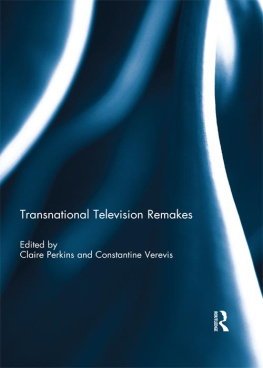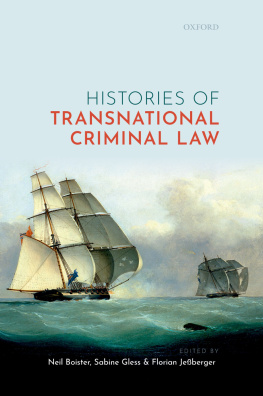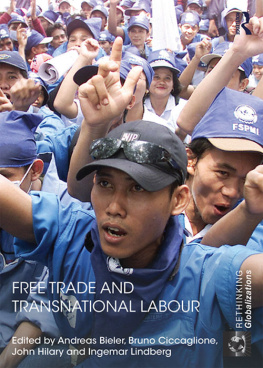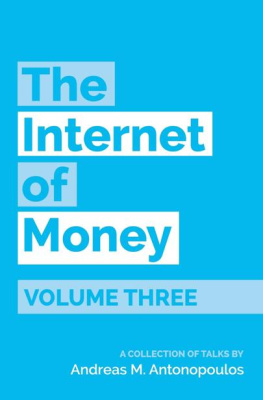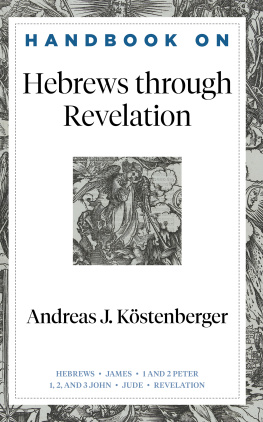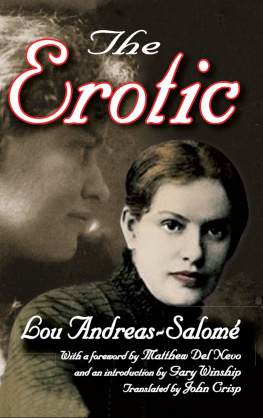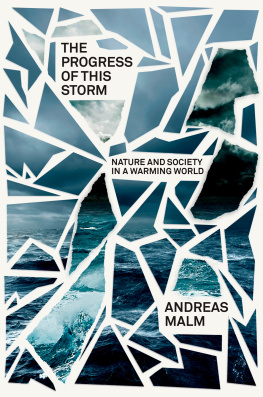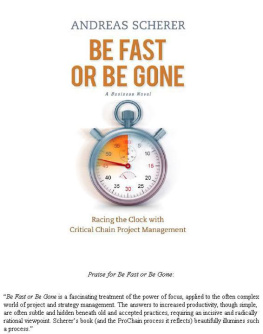
Transnational Television History
Although television has developed into a major agent of the transnational and global flow of information and entertainment, television historiography and scholarship largely remains a national endeavour, partly due to the fact that television has been understood as a tool for the creation of national identity. But the breaking of the quasi-monopoly of public service broadcasters all over Europe in the 1980s has changed the television landscape, and cross-border television channels with the help of satellite and the Internet have catapulted the relatively closed television nations into the universe of globalised media channels.
At least, this is the picture painted by the popular meta-narratives of European television history. Transnational Television History asks us to re-evaluate the function of television as a medium of nation-building in its formative years and to reassess the historical narrative that insists that European television only became transnational with the emergence of more commercial services and new technologies from the 1980s. It also questions some common assumptions in television historiography by offering some alternative perspectives on the complex processes of transnational circulation of television technology, professionals, programmes and aesthetics.
This book was originally published as a special issue of Media History, and is complemented by two additional previously unpublished chapters. It will be of great interest to students, researchers and professionals in the fields of television, film, media studies and transnational history.
Andreas Fickers is Associate Professor of Comparative Media History at Maastricht University, The Netherlands. He specialises in the cultural history of communication technologies. He is co-editor of A European Television History (2008) and Materializing Europe. Transnational Infrastructures and the Project of Europe (2010).
Catherine Johnson lectures in the Department of Culture, Film and Media at the University of Nottingham, UK. Her research examines the Western television industries and the impact of industrial shifts on the cultural artefacts they produce. She is the author of Telefantasy (2005) and co-editor of ITV Cultures (2005).
Transnational Television History
A Comparative Approach
Edited by
Andreas Fickers and Catherine Johnson
First published 2012
by Routledge
2 Park Square, Milton Park, Abingdon, Oxon, OX14 4RN
Simultaneously published in the USA and Canada
by Routledge
711 Third Avenue, New York, NY 10017
Routledge is an imprint of the Taylor & Francis Group, an informa business
2012 Taylor & Francis
This book is a reproduction of Media History, vol. 16/issue 1. The Publisher requests to those authors who may be citing this book to state, also, the bibliographical details of the special issue on which the book was based.
All rights reserved. No part of this book may be reprinted or reproduced or utilised in any form or by any electronic, mechanical, or other means, now known or hereafter invented, including photocopying and recording, or in any information storage or retrieval system, without permission in writing from the publishers.
Trademark notice: Product or corporate names may be trademarks or registered trademarks, and are used only for identification and explanation without intent to infringe.
British Library Cataloguing in Publication Data
A catalogue record for this book is available from the British Library
ISBN13: 978-0-415-69860-3
Typeset in Helvetica
by Taylor & Francis Books
Disclaimer
The publisher would like to make readers aware that the chapters in this book are referred to as articles as they had been in the special issue. The publisher accepts responsibility for any inconsistencies that may have arisen in the course of preparing this volume for print.
Contents
Andreas Fickers and Catherine Johnson
Andreas Fickers
Christian Henrich-Franke
Sonja de Leeuw
Michele Hilmes
Dana Mustata
Jonathan Bignell
Eggo Mller
Catherine Johnson and Andreas Fickers
Benot Lafon
Edgar Lersch
Juan Francisco Gutirrez Lozano
Sarita Malik
Rob Turnock
Christian Henrich-Franke is Lecturer in the Department of Economic and Social History at the University of Siegen, Germany.
Sonja de Leeuw is Professor of Media and Culture Studies in the Faculty of Humanities at Utrecht University, The Netherlands.
Michele Hilmes is Department Chair Professor of Media and Cultural Studies and Director of Graduate Studies at the University of Wisconsin, Madison, USA.
Daniela Mustata is Assistant Professor of Television Studies in the Department of Journalism at Groningen University, The Netherlands.
Jonathan Bignell is Professor of Television and Film in the Department of Film, Theatre and Television at the University of Reading, UK.
Eggo Mller is Associate Professor of Film and Television Studies in the Department of Media and Culture Studies at the Utrecht University, The Netherlands.
Benot Lafon is a Teacher-researcher for the Department of Information Sciences and Communication Research Group on Issues in Communication at the University of Grenoble, France.
Edgar Lersch is Honorary Professor of Media and Communication at the Martin-Luther-University Halle-Wittenberg, Germany.
Juan Francisco Lozano Gutirrez is Associate Professor of Television Studies in the Department of Journalism at the School of Media Science at the University of Malaga, Spain.
Sarita Malik is Lecturer in Media and Communications and Sociology and Communications at Brunel University, UK.
Rob Turnock is Research Fellow in the Department of Media Arts at Royal Holloway, University of London, UK.
A comparative approach
Andreas Fickers and Catherine Johnson
Going transnational is in. While some interpret this latest turn in the intricate path of historiography as a challenge to older historiographic traditions like world or international history, others see it as a new paradigm, superseding the national perspective as the founding frame of reference for a modern scientific production of history. In any case the vivid discussion of what transnational history is, or should be, witnesses an ongoing interest in and recognition of the importance of the historical phenomena and processes that lie beyond the explanatory framework of the nation-state.1 One of the most interesting phenomena in this discussion is not the careful handling of the term as the latest buzzword of the scientific circus by most historians (which might have to do with the dformation professionelle to historicize the seemingly new and revolutionary), but the manifest theoretical engagement of historians in this debate. History as an academic discipline has often been accused of being hostile to abstract theoretical speculations and most of the latest turns in historiography can clearly be identified as belated theoretical importations from other disciplines.2 The debate on transnational history is exceptional in this respect, as the theoretical reflections pre-date at least to a large degree the practice of historical research and writing. As the Korean historian Young-sun Hong, Associate Professor of German History at the State University of New York, stated in her essay on the challenge of transnational history, the call for the transnationalization of national histories has been eagerly taken up by many in the past few years, but done successfully by very few (3).




